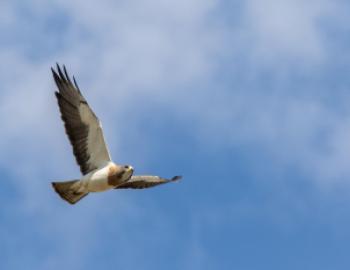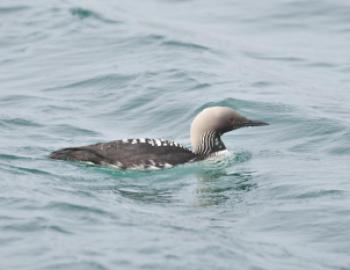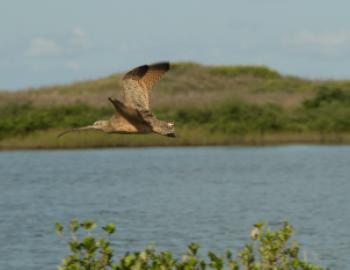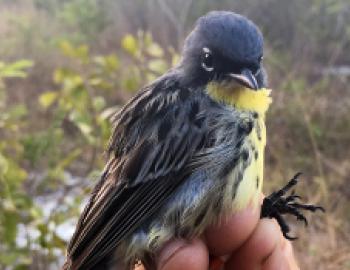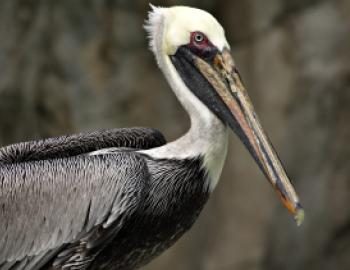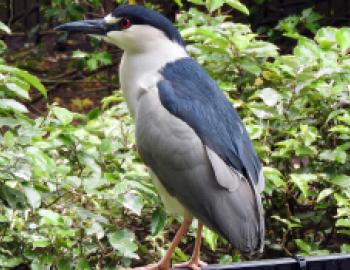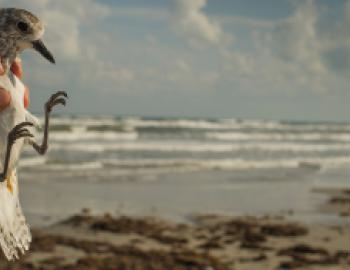Migratory Birds Tracking Map
The migratory birds tracking map shows where some birds have traveled while they were wearing a tracking device. All of the information shown on the map is real scientific data collected by scientists who are studying these species. Narrow your search by using the dropdown menus to select a bird species and identity. Looking for latitude and longitude? Click one of the data points on the map or head over to the Migratory Birds Tracking Table.
The map requires JavaScript.
Black-bellied plover:
Team: North Slope (2015): Autumn-Lynn Harrison, Smithsonian Migratory Bird Center; Lee Tibbitts and Dan Ruthrauff, USGS Alaska Science Center; Nome, Seward Peninsula (2016): Autumn-Lynn Harrison, Smithsonian Migratory Bird Center; Phil Bruner, Brigham Young University–HawaiiTags: 5g Solar-powered Argos Satellite Transmitters, Microwave Telemetry.
Funding: This work was made possible by ConocoPhillips Global Signature Programs.
Black-crowned night heron:
Team: Amy Scarpignato, Smithsonian Migratory Bird CenterTags: 9.5g Solar-powered Argos Satellite Transmitters, Microwave Telemetry.
Funding: This work was made possible by ConocoPhillips Global Signature Programs.
Brown pelican:
Team: Autumn-Lynn Harrison, Smithsonian Migratory Bird Center and David Brinker, Maryland Department of Natural ResourcesTags: 65g Solar-powered GPS-Argos Satellite Transmitters, GeoTrak.
Funding: This work was made possible by a Friends of the National Zoo Conservation Research Grant. For more information, see photos from the expedition.
Long-billed curlew (both of the below):
Team: Autumn-Lynn Harrison, Peter Marra, Amy Scarpignato, Smithsonian Migratory Bird Center; David Newstead, Coastal Bend Bays & Estuaries Program, Coastal Bird ProgramTags: 9.5g Solar-powered Satellite Transmitters, Microwave Telemetry.
Funding: This work was made possible by ConocoPhillips Global Signature Programs.
Team: Tim Keyes and team, Smithsonian Migratory Bird Center; David Newstead, South Carolina Department of Natural Resources.
Tags: 9.5g Solar-powered Satellite Transmitters, Microwave Telemetry. .
Funding: This work was made possible by ConocoPhillips Global Signature Programs, Georgia Department of Natural Resources, U.S. Fish and Wildlife, Wolf Island National Wildlife Refuge, South Carolina Department of Natural Resources.
Pacific loon:
Team: Joel Schumtz, Brian Uher-Koch, Ray Buchheit, Andrew Myers, USGS Alaska Science Center; Scott Ford, Smithsonian Migratory Bird CenterTags: 44g Argos Implantable Avian Transmitters Microwave Telemetry.
Funding: This work was made possible by BRI.
